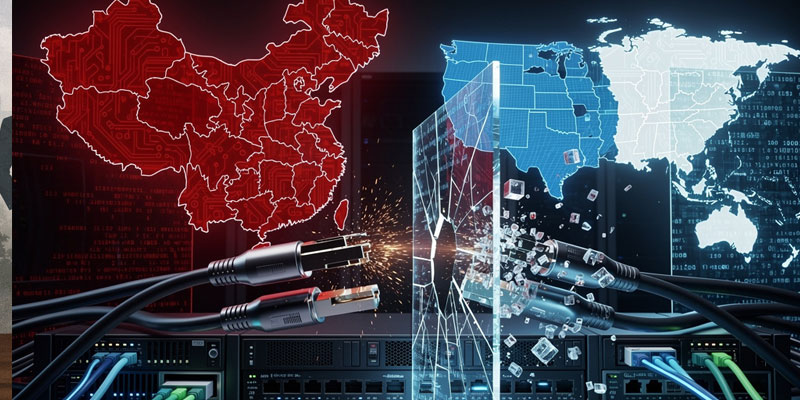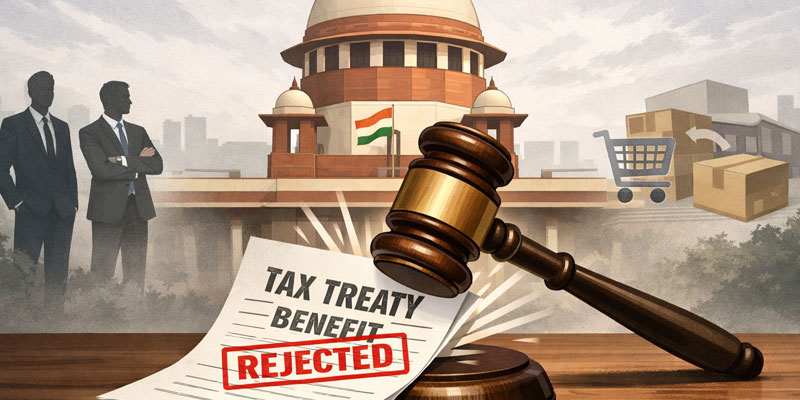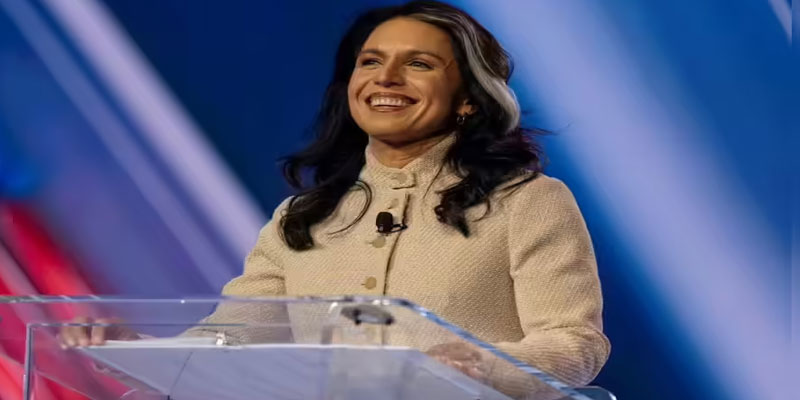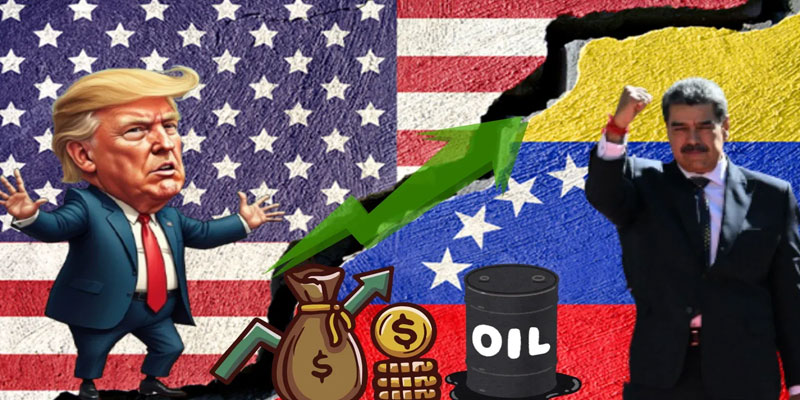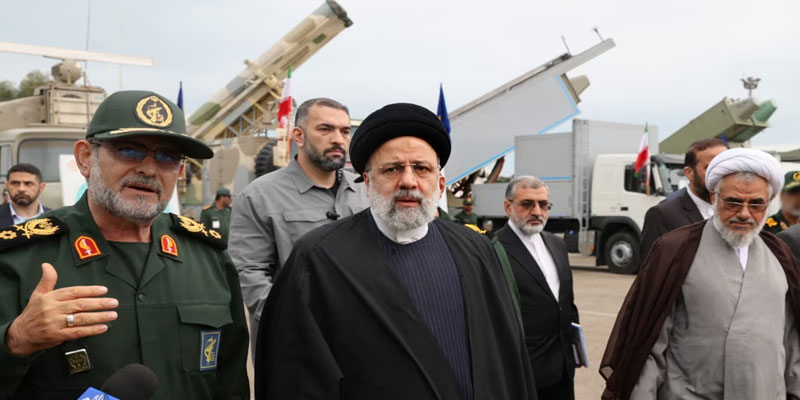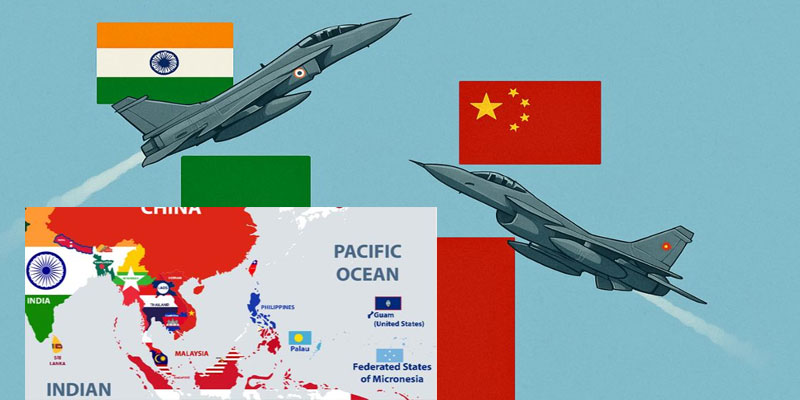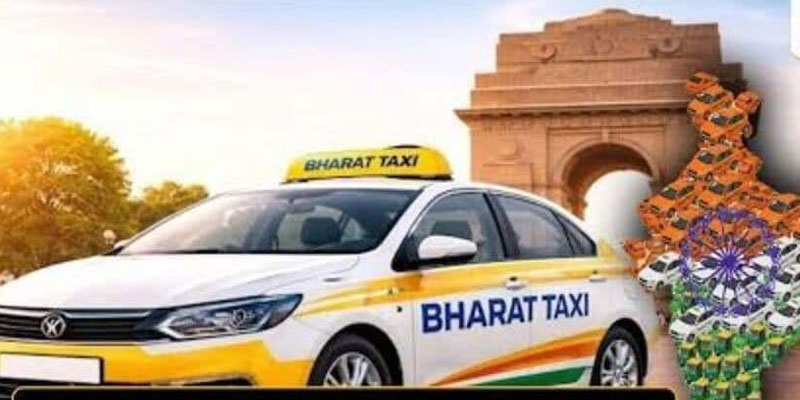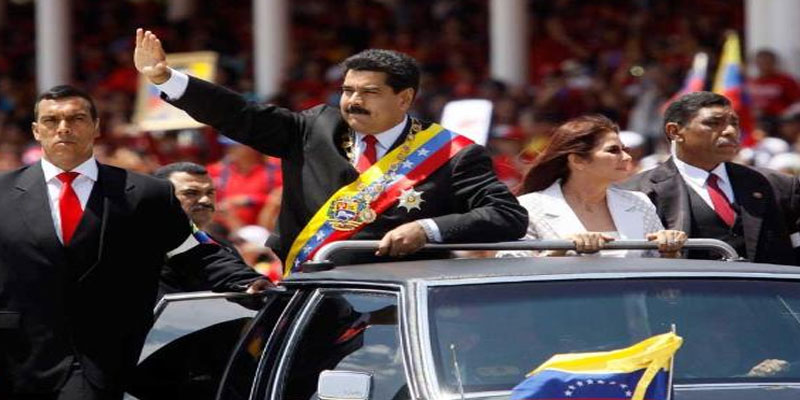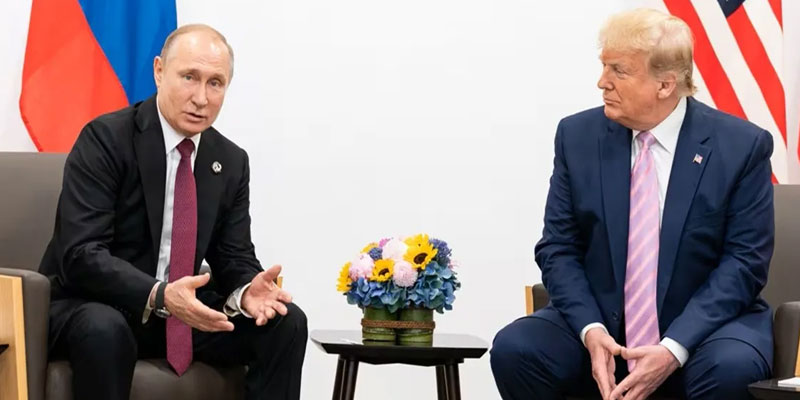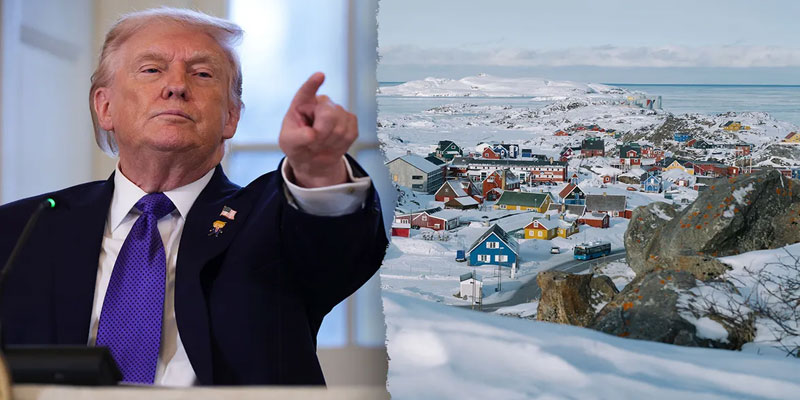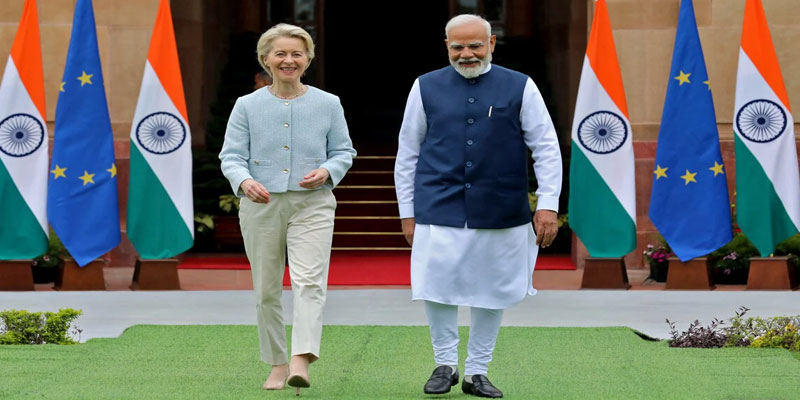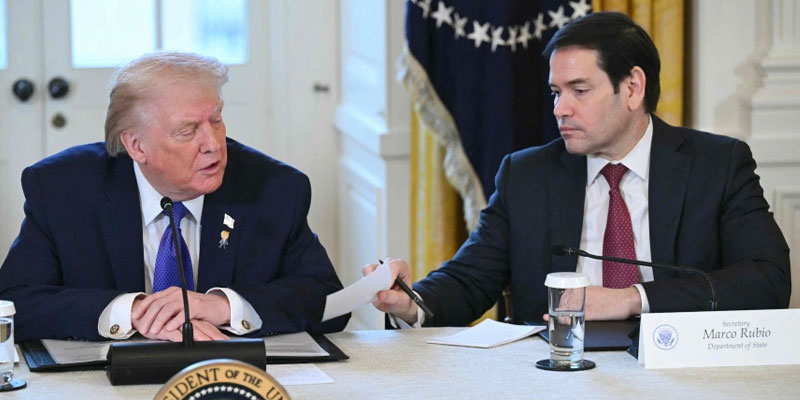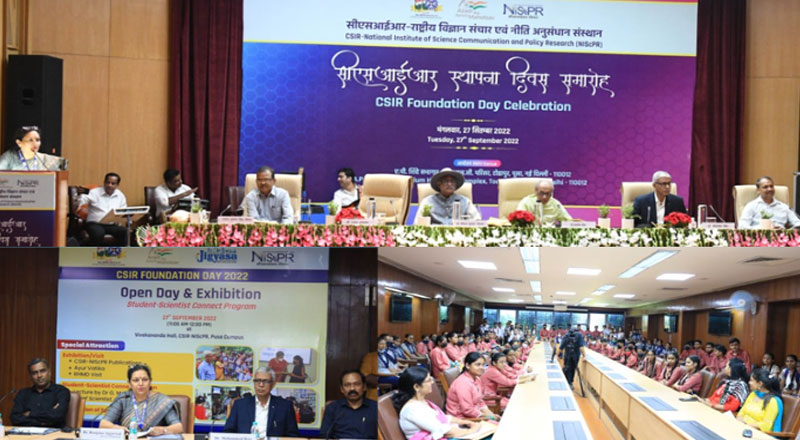India’s diplomatic priorities are evolving—and fast. As the global order continues to shift, Prime Minister Narendra Modi is preparing for one of his longest overseas trips yet, spanning five countries in three continents from July 2 to 9. His itinerary includes Ghana, Trinidad and Tobago, Argentina, Brazil, and Namibia—each a key partner in India’s expanding outreach to the Global South. The trip highlights New Delhi’s growing ambition to lead and partner with developing nations, offering cooperation beyond traditional alliances and emphasizing India’s global leadership credentials.
India’s Strategic Pivot to the Global South
PM Modi’s upcoming tour is more than a symbolic gesture—it’s a calculated extension of India’s foreign policy that now openly prioritizes the Global South. These five nations may not command headlines like the G7, but they represent vital relationships in trade, energy, technology, and strategic influence.
This outreach underscores a vision that has gained momentum under PM Modi: India as not just a regional power, but a trusted development partner and voice for emerging economies. This narrative gained traction during India’s G20 Presidency in 2023, and the momentum continues with this tour.
Ghana: Reconnecting with West Africa’s Rising Star
Kicking off the trip in Ghana (July 2–3), PM Modi becomes the first Indian Prime Minister to visit the country in three decades. Ghana’s rapid economic growth and political stability make it a cornerstone of India’s West Africa policy. Discussions with President Nana Akufo-Addo will focus on deepening economic ties, particularly in energy, defence, and development cooperation.
India remains Ghana’s largest export destination, with gold dominating bilateral trade. PM Modi’s visit also reaffirms India’s commitment to working with ECOWAS and the African Union—partnerships that reflect India’s long-term strategic interests in Africa.
Trinidad and Tobago: A Cultural and Diplomatic Bridge
From July 3 to 4, PM Modi will be in Trinidad and Tobago, where he’ll meet President Christine Carla Kangalu and Prime Minister Kamala Prasad-Bissessar. With a significant Indian diaspora, the Caribbean Island nation is both culturally and politically important to India. Modi’s expected address to a joint session of Parliament is likely to emphasize shared democratic values, cultural connections, and opportunities in trade, technology, and education.
Argentina: A New Frontier in Strategic Minerals
PM Modi’s visit to Argentina (July 4–5) will aim to solidify growing cooperation in key sectors like defense, agriculture, oil, renewable energy, and especially mining. Argentina’s lithium reserves—crucial for India’s electric vehicle and green energy transition—make it a particularly valuable partner. In 2024, India emerged as Argentina’s fifth-largest trading partner. Talks with President Javier Milei are expected to focus on securing mineral supply chains and exploring co-investment in clean energy solutions.
Brazil: BRICS and Beyond
In Brazil (July 5–8), Modi will attend the 17th BRICS Summit in Rio de Janeiro, where leaders from emerging economies will discuss pressing global challenges—from artificial intelligence and climate action to multilateral reform and global health. With BRICS expanding to include new members, India sees an opportunity to champion a more equitable global governance system that reflects the aspirations of the developing world. The summit is also a platform for Modi to push for responsible technology use, especially in AI and fintech.
Namibia: Strengthening Ties Beyond Wildlife Diplomacy
PM Modi’s final stop is Namibia (July 9), where he will hold talks with President Nandi-Ndaitwah and address the nation’s Parliament. Though bilateral trade has grown exponentially—from $3 million in 2000 to nearly $600 million today—the relationship took a symbolic leap in 2022 when eight Namibian cheetahs were reintroduced into India as part of a landmark wildlife project.
The visit aims to deepen economic engagement, with Indian investments already active in Namibia’s mining, manufacturing, and diamond processing sectors.
India Steps Forward as Global South’s Trusted Partner
PM Modi’s 9-day, 5-nation journey is not just a series of bilateral handshakes—it’s a clear statement of intent. As traditional powers remain distracted or divided, India is stepping in to lead where it matters most: food security, energy transition, digital inclusion, and equitable trade.
By forging stronger ties across the Global South, India is building a more resilient and multipolar world. It’s not about power projection—it’s about partnership. And in this era of uncertainty, that may be the most powerful message of all.
(With agency inputs)



